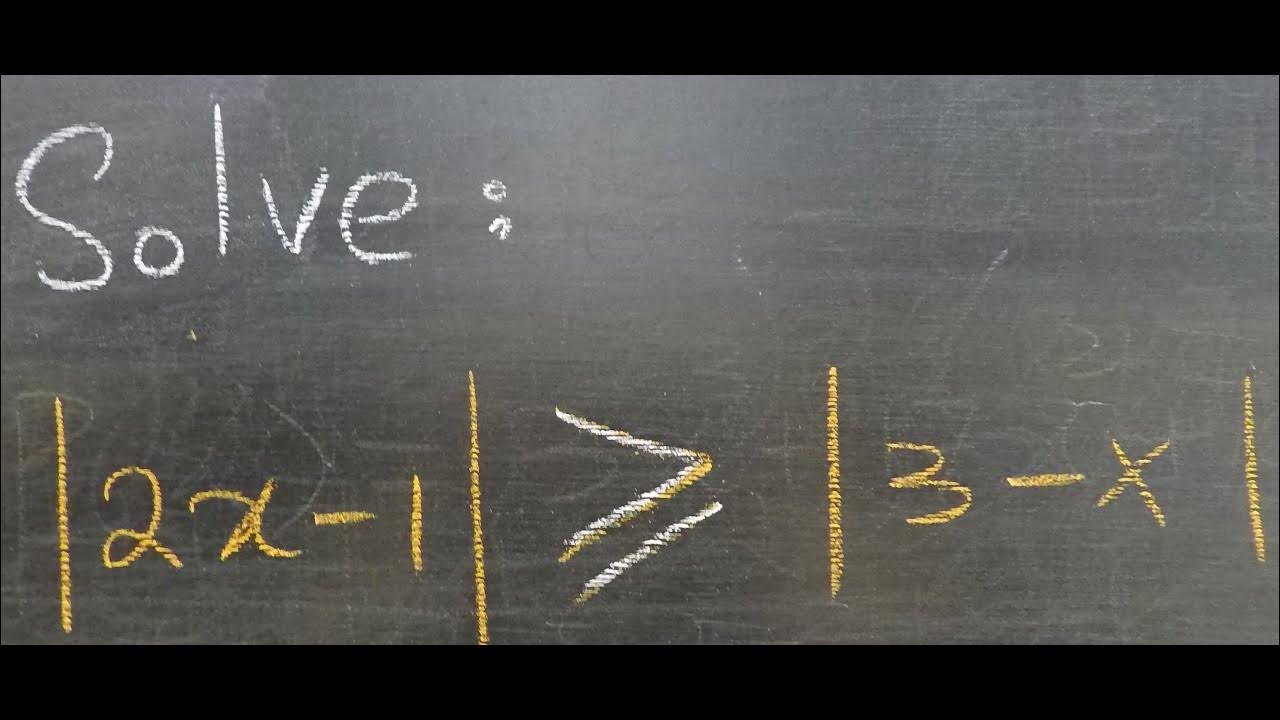Algebra is a fundamental branch of mathematics that forms the basis for many advanced mathematical concepts. Understanding the lowest level of algebra is crucial for students and anyone looking to strengthen their math skills. In this article, we will explore the foundational aspects of algebra, ensuring that readers grasp the essential concepts and techniques that form the building blocks of more complex mathematical ideas.
We will delve into topics such as variables, constants, expressions, equations, and simple operations. By the end of this article, you will have a clear understanding of the basic principles of algebra and how to apply them in various mathematical scenarios. Additionally, this guide will serve as a valuable resource for educators and learners alike, providing insights and practical examples to enhance the learning experience.
This comprehensive guide aims to empower you with the knowledge necessary to excel in algebra. Whether you are a student struggling with the subject or an adult looking to refresh your skills, understanding the lowest level of algebra is a stepping stone toward achieving mathematical proficiency.
Table of Contents
- What is Algebra?
- Importance of Algebra
- Key Concepts in Algebra
- Basic Operations in Algebra
- Solving Simple Equations
- Applications of Algebra
- Common Mistakes in Algebra
- Resources for Learning Algebra
What is Algebra?
Algebra is a branch of mathematics that deals with symbols and the rules for manipulating those symbols. It serves as a unifying thread of almost all mathematics and is essential for solving equations and understanding relationships between quantities. In its simplest form, algebra involves the use of letters (often referred to as variables) to represent numbers in equations and formulas.
Importance of Algebra
Understanding the lowest level of algebra is crucial for several reasons:
- It provides the foundation for higher-level mathematics, such as calculus and statistics.
- Algebra is widely used in everyday life, from calculating expenses to understanding scientific data.
- It develops critical thinking and problem-solving skills essential for various fields, including science, engineering, finance, and technology.
Key Concepts in Algebra
Variables and Constants
In algebra, a variable is a symbol (often a letter) used to represent an unknown quantity. For example, in the equation x + 2 = 5, the letter x is the variable. A constant, on the other hand, is a fixed value that does not change. For instance, in the equation above, the numbers 2 and 5 are constants.
Expressions and Equations
An algebraic expression is a combination of variables, constants, and operations (such as addition, subtraction, multiplication, and division). For example, 3x + 4 is an expression. An equation, however, is a statement that two expressions are equal, often containing an equals sign (=). For example, 3x + 4 = 10 is an equation.
Basic Operations in Algebra
In algebra, the four basic operations are addition, subtraction, multiplication, and division. These operations can be performed on both variables and constants. Here’s a brief overview:
- Addition: Combining two or more quantities. Example: x + 3
- Subtraction: Finding the difference between two quantities. Example: x - 2
- Multiplication: Repeated addition of a quantity. Example: 3x
- Division: Splitting a quantity into equal parts. Example: x/4
Solving Simple Equations
To solve an equation, you aim to isolate the variable on one side of the equation. Here’s a step-by-step process using the equation 2x + 3 = 11 as an example:
- Subtract 3 from both sides: 2x = 8
- Divide both sides by 2: x = 4
The solution to the equation is x = 4.
Applications of Algebra
Algebra has numerous applications in various fields, including:
- Finance: Calculating interest, budgeting, and investments.
- Science: Formulating and solving scientific equations.
- Engineering: Designing structures and systems using mathematical models.
- Statistics: Analyzing data and making predictions.
Common Mistakes in Algebra
Many learners encounter common pitfalls when studying algebra. Some of these include:
- Misunderstanding the order of operations (PEMDAS/BODMAS).
- Failing to distribute correctly in expressions.
- Confusing variables with constants.
- Neglecting to check solutions by substituting them back into the original equation.
Resources for Learning Algebra
There are various resources available for those looking to improve their algebra skills:
- Khan Academy - Offers free online courses and practice exercises.
- Math is Fun - Provides clear explanations and examples of algebra concepts.
- Coursera - Offers online courses from universities around the world.
- Textbooks and online forums can also provide additional practice and support.
Conclusion
In conclusion, understanding the lowest level of algebra is essential for anyone looking to build a strong mathematical foundation. We have explored key concepts such as variables, constants, expressions, equations, and basic operations. Solving simple equations and recognizing common mistakes are crucial steps in mastering this subject. If you found this article helpful, feel free to leave a comment, share it with others, or explore more articles on our site.
Penutup
Thank you for taking the time to read this comprehensive guide on the lowest level of algebra. We hope you found the information valuable and encouraging for your mathematical journey. Be sure to return for more insightful articles that will continue to enhance your understanding of math and its applications.




